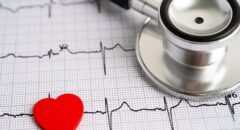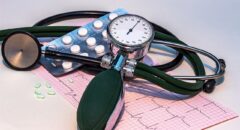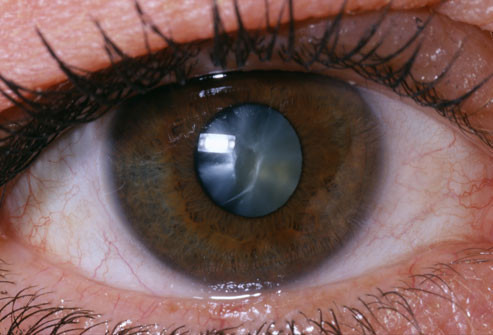Like many AFib patients, Rivera never noticed any symptoms, which can include a fluttering heartbeat, heart palpitations, lightheadedness or feeling winded even while at rest. Less common symptoms include chest pain or fainting.
Medications such as anticoagulants, or blood thinners, are used to reduce the risk of stroke in people with AFib. But experts say a class of newer medications called direct-acting oral anticoagulants may be safer and more convenient because they do not require as much blood monitoring, have fewer drug interactions and no food interactions.
For example, the efficacy of warfarin can be affected by changes in Vitamin K, which is prevalent in green leafy vegetables. Concerns over potential interaction left many patients avoiding heart-healthy vegetables, said Osborne.
“DOACs are the greatest advance in anticoagulation in the last 60 years,” he said. “Especially for someone who travels, they really make life easier.”
Rivera set a goal to return to pilgrimage walks following surgery and pushed himself to walk farther each day. While he generally tried to maintain a well-balanced diet, Rivera added more fruits and vegetables and reduced his alcohol consumption. He also built a strong support system to help him maintain a positive outlook as he weathered the ups and downs of recovery, both physical and mental.
Six months after surgery, Rivera embarked on a 200-mile walk along a trail in France and completed a second walk six months later.
“I was worried I’d never be the same, but once I realized I could do it, I wanted to get back out there as soon as possible,” he said.
Rivera takes a direct-acting oral anticoagulant and wears a medical bracelet with information about his condition and alerts his walking companions about where to locate medical details in the event of an emergency. That’s an important precaution, Osborne said, because while the newer anticoagulants have fewer risks, the main side effect is bleeding.
“If a patient is unconscious, it’s important for medical providers to know if he or she is on an anticoagulant,” Osborne said.
Now 63, Rivera encourages others to recognize their risks for heart disease and talk with their medical provider, even if they think they’re healthy.
“People assume because they have no symptoms, they’re okay, but I’m a perfect example of someone who had a bad heart and no symptoms,” Rivera said.






